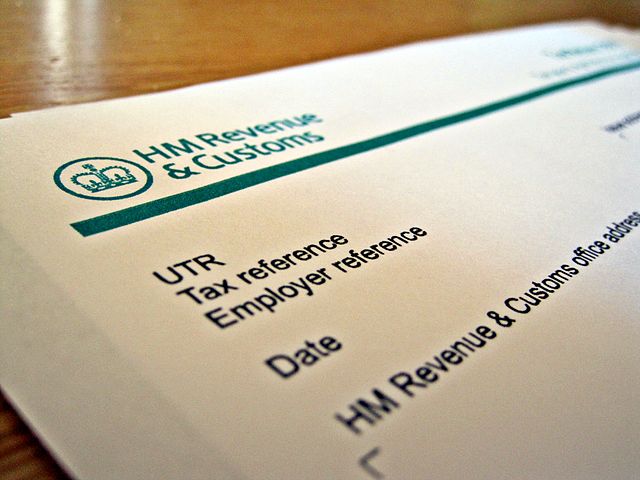Employees cannot be consultants, says taxman
Consultants have to prove they are not employees to avoid paying tax and national insurance after rule changes by the HMRC.
The Government’s new regulations begins on 6 April this year and will continue the drive to find new tax revenue.
The new legislation, The Social Security (Categorisation of Earners) (Amendment) Regulations 2014, aims to tighten further rules workers use to operate through service companies and thereby minimise their income tax and national insurance.
Service companies
Workers can own a service company that is then used to contract with and provide services to an end user. The end user then pays a contract fee to the service company, and the service company pays out dividends to the worker, rather than a salary. The dividends are tax efficient because they escape national insurance.
Self-employment or control
To achieve its aim of increasing its tax take, HMRC have changed the self-employment classification for a worker.
Previously, the test of self-employment was whether the worker was subject to supervision, direction, or control of the end user and whether the worker was obligated to provide services himself or herself rather than through a substitute worker.
Contractor substitution clause
Service companies typically reserve the right for the service company to provide a substitute worker to the end user if they needed to.
This clause then served to show that the service contract provided only a contractor and not an employee, as the contractor provided could be replaced at the will of the service company.
HMRC believe that the substitution clauses in many of the contracts between service companies and end users were sham clauses never intended to be relied upon.
Therefore, HMRC will now ignore the substitution clause and simply look for control or supervision of the worker by any party in the chain – the service company, or the end user.
If there is control, most likely by the end user, HMRC will assume the worker is an employee and seek the income tax and national insurance that would be due.
Shifting burden of proof
To help itself in this endeavour, HMRC also gives itself the advantage of shifting the burden of proof – the worker has to prove he is innocent.
Now where an individual is employed through a service company, the Inland Revenue will assume the worker is an employee and taxes are payable. The onus is then on the service company to show there is no supervision or control of the worker anywhere in the chain. If it cannot, then pay up.
Related News Stories
An advanced mental health practitioner was recently awarded over £60,000 after he was sacked without a fair process. An employment…
The CBI has been rocked by accusations of rape and sexual misconduct. With its reputation in tatters, members leaving by…
Swearing at work was ruled acceptable by one employment tribunal judge, while another gave out £71,000 in compensation when a…
Government agency bosses used a flawed procedure when firing a top foreign envoy for a sexual harassment accusation. The British…
Employers risk making poor and costly decisions in response to employees asking to work from their homes. Two cases have…
A judge slapped down an employer who failed to follow a fair procedure when sacking a nurse for being racist.…
A well-known clothes store's flawed promotion and assessment process landed them with a £96,208 judgement at an employment tribunal. Bristol…
An employer lost an unfair dismissal case after summarily sacking an employee rather than go through a fair procedure. London…
The government has increased the scope for employers to sack employees without the threat of court cases. The new law…
A high street giant’s attempt to cut their staff bill was slapped down recently due to employment law. The High…
A landmark court ruling has boosted employment lawyers’ chances of protecting ‘sex change’ workers from harassment and unfair dismissal. Birmingham…
Government have changed their advice on telling employees to return to the workplace due to a spike in virus infections.…
The looming end to the government’s job subsidies in November will lead to some cynical bosses using redundancy to victimise…
A rail company did not need extensive medical evidence to sack an employee for being too sick to work. Employment…
An employment tribunal in November 2016 decided that a company fairly dismissed a worker when her refusal to do overtime…
Foreign workers have a right to appeal if they face dismissal over doubts about their UK residency status, appeal judges…
New legislation compels people in a workplace dispute to talk before going into legal battle in a court. Whether they…

















